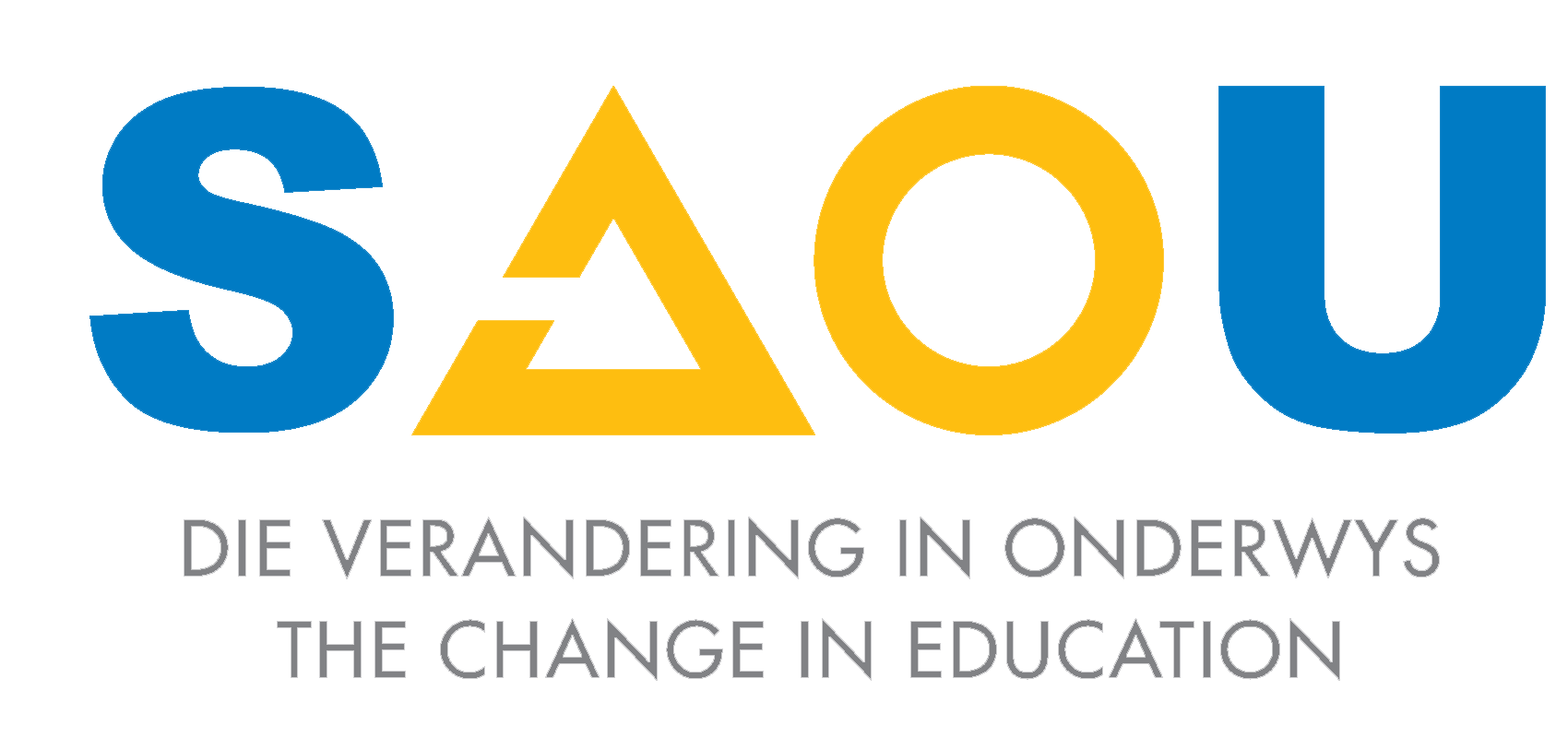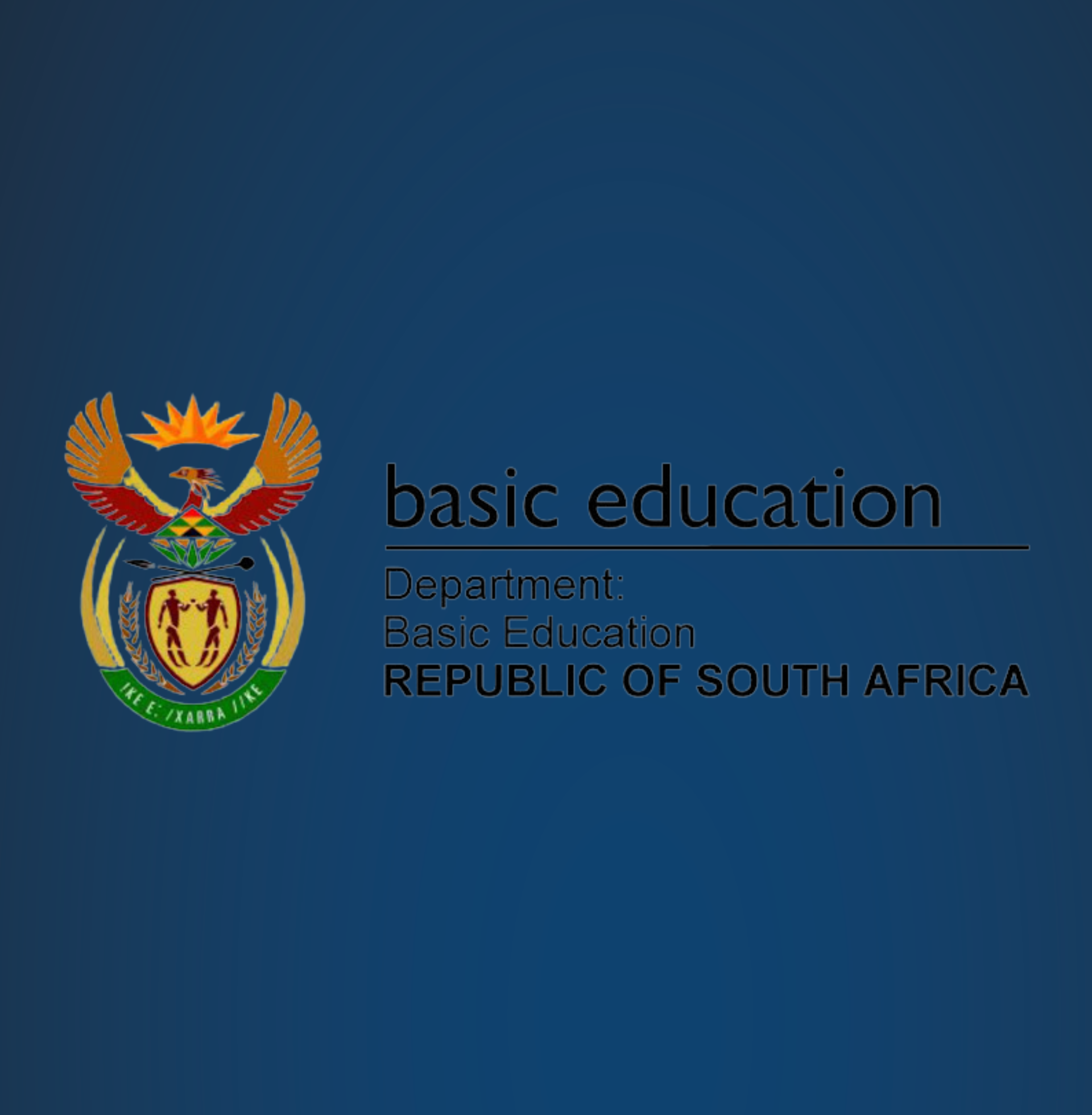
The mere fact that their once-little-toddler will have to go to ‘big school’ is for many parents just one too many in the trauma stakes. Add the, “I’m just not sure I am making the right choice. What if s/he’s not happy with the choice I have made...”, and you have a winning recipe for hours of restless insomnia. Advertisements and notices currently wave energetically from lamp posts with every slogan claiming to have the winning secret ingredient for your child’s totally successful future. How do you make the correct choice? What qualities should parents be looking for? How do you find the ‘perfect- fit’ school for your child?
The greatest favour a parent can do themselves is to remember that children (together with their needs and interests), differ. The English slogan, horses for courses is particularly apt in this context and would do well as a fridge magnet. The appropriate location of the nearest school and the friends that go to that specific school are not necessarily the criteria that will provide the ‘aha-moment‘. Subject choices and fields of study offered by a school, together with your child’s interests and considered profession, all weigh heavily in the process of choosing the right school. But, apart from the obvious influence of subjects, hostels and transport there are a number of other considerations that you need to think about and which will shed light on which school you should choose.
Do the values of the school correspond with those cherished by you as a family? Can you live comfortably with the ethos of the school and the way it is managed? This is not information that you can glean from the placard on a lamp post. A visit to the school to make the acquaintance of the principal or staff or even other parents is the only thorough way to get the kind of information you require. Do yourself a favour and do your homework properly. Parents are often amazed at how much information can be gathered from a school visit. Some schools have a strong academic focus while others have exceptional achievement on sporting and cultural aspects; others again, have an unswerving traditional ethos and at such institutions your child will have to be able to fit in with the existing culture of the school.
Clearly, you will need to take your child’s talents and interests into account. But, ask yourself the question, “What are the qualities that I would like to see in my child when s/he leaves school – 10 distinctions; provincial colours in sport?” Or would you prefer your child to have a thorough grounding in those qualities/abilities/skills that will stand them in good stead in their chosen career? Emotional and social skills like respect, tolerance, perseverance, the ability to organize oneself and one’s environment, time management and how to meet deadlines, the ability to adapt, a sense of responsibility and accountability, what it really means to be human and have empathy for others, are no longer necessarily what all schools focus on.
Ultimately, your child is going to have to be able to fit into a multicultural work environment – to what extent and in what manner will your child be prepared for this reality? What is the school’s policy regarding culture sensitivity, language of instruction and code of conduct? How important are these criteria for you as a family? Ask for the code of conduct. A thorough study of the code of conduct is not to determine if the school has a punitive disciplinary system, but rather give a specific indication regarding the handling of racism, tolerance towards others, respect, religious practice, bullying, social media harassment, time management etc. The sanctions for violations in accordance with the code of conduct are just as important; do we punish for the sake of punishment or to seek healing and remedial action. It is in this area that the hidden curriculum of the school will be highlighted because it is the careful management of these elements that certainly adds long-term value to guide each child to balanced adults.
Many schools boast with the latest technology in the classrooms and use it as bait. The sickening truth is that bad teaching + technology = expensive bad teaching. Technology is no guarantee of quality teaching. Technology is an exceptional aid that speaks directly to today’s youth but it is often over estimated as a teaching/learning aid. NO tablet or Interactive White Board, computer programme or App can replace the human factor, the so-called ‘X-factor’ that a good teacher brings to your child’s education. A teacher who is involved in your child’s education, who really cares, who can ‘connect’ with your child and create a sense of security and learning atmosphere in the classroom is the single factor that will prevent the teacher from ever disappearing completely from the classrooms of the future. No money in the world can ever buy a teacher who genuinely cares for his or her learners. Nor can they be replaced by technology.
The year-by-year building blocks of the curriculum must be in place which simply means that every teacher must do what they have to do to ensure that your child has the knowledge and skills on which to build the next phase. Class sizes and a structured, safe school environment is thus important to you especially in the primary school environment. Ask yourself the question, “Can successful teaching and learning really take place in classes of 40+ learners?” What does the school do to make learners feel safe? It is important to know if support services like therapists and psychologists are part of the personnel and if an inclusive approach to education is followed in the school. Further questions like how regularly, and in what way does the school communicate with parents also need to be asked. Visit the school’s website or their presence on social media and inform yourself of what is being communicated. To what extent does the school encourage or allow parent involvement or is the school an exclusive and unapproachable island for those in authority? It is therefore essential that you ask the right questions.
If you are really serious about the choice of school for your child it is a good idea to attend the next sports day or sports match that takes place at the school. Sportsmanship reveals a great deal about the attitudes of both the learners and the coaches. Chat with the principal - his or her philosophy about education, discipline and thoughts on the positive and negative aspects of the school will provide clear insights regarding the school’s future coordinates. Where possible, engage with other parents and learners. Something that currently tends to be underplayed in the schooling environment is the manner in which learners communicate with visitors. Question: Are the learners ambassadors for the school? Basic good manners and learners who greet all visitors politely have become a rare phenomenon. Learners who aimlessly wander around the school or classes that are loudly kicking up a rumpus will tell you more about the discipline of the school than the glossy, colourful prospectus that is eagerly placed in your hand on ‘Open Day.’ The moment you step onto the school premises you, as a parent will know if the school and your family share the same approach to neatness, maintenance and safety. Many parents are dazzled by spectacular sports fields but rubbish that is blown around the school grounds by every gust of wind speaks volumes about priorities and the values that are inculcated in the learners.
Your child’s school career lasts for 13 years: Grade R – Grade 12. For some parents they are 13 years of constant up-hill battles; for some children, a 13-year nightmare. Remember- life is all about choices. Make the choice to find the right school for your child.
And finally: If you want to know if your child is going to be happy at the new school look closely at the faces of the other children. The successful school, where children are happy, is measured by the breadth of the children’s smiles – that’s the perfect fit for your child.










